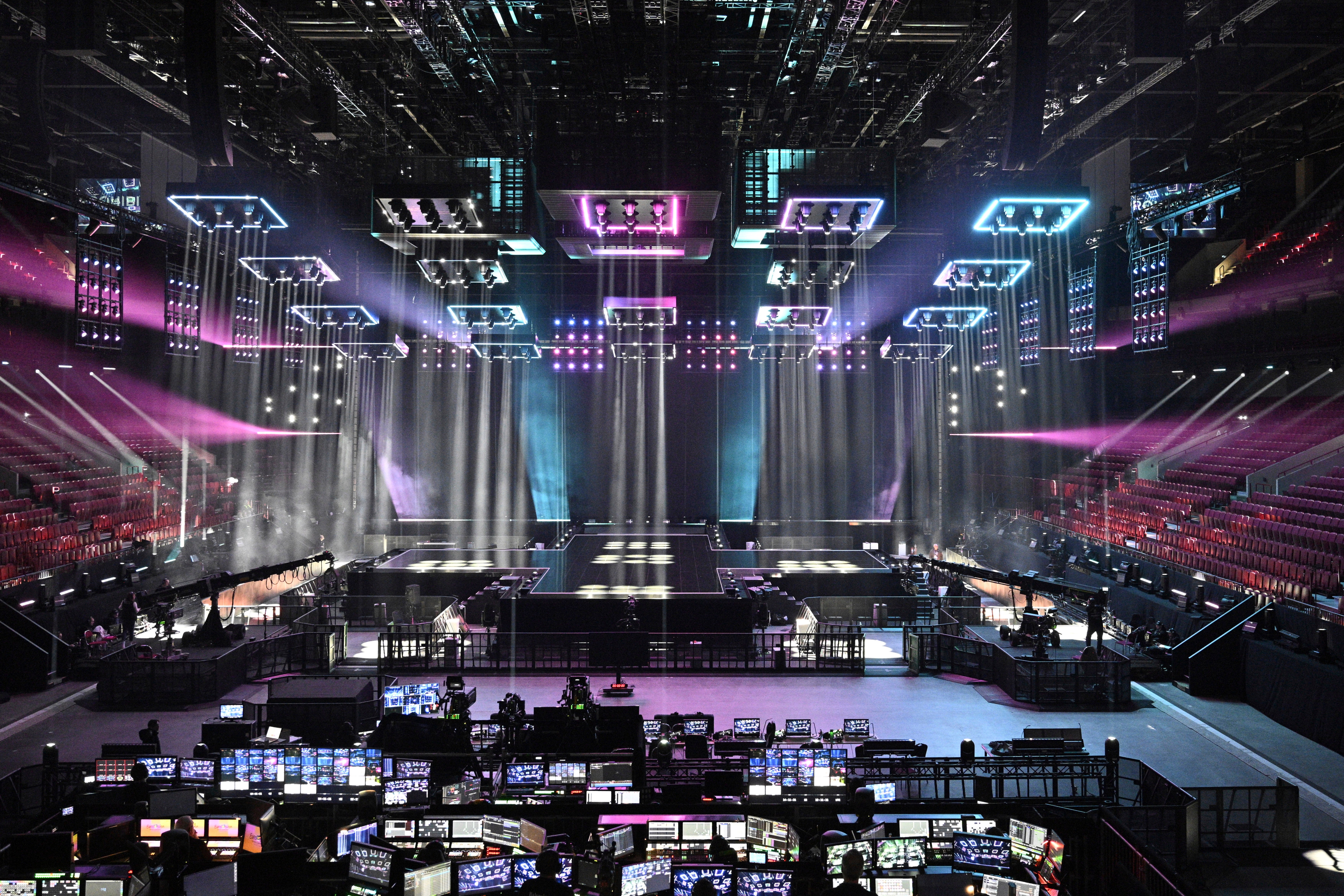Eurovision organisers respond to calls for Israel boycott ahead of song contest final
Organisers initially rejected calls to boycott Israel in December last year, despite protests from fans and campaigners
Eurovision Song Contest organisers have stood by their decision not to exclude Israel from this year’s event – rejecting calls for a boycott and insisting they are following the rules of the competition.
The annual celebration will take place this year in Malmö, Sweden, after the country’s delegate, Loreen, triumphed in the 2023 competition.
Some fans have been calling for a ban on Israel taking part this year amid the ongoing conflict in the Gaza strip. Last December, organisers rejected calls for a boycott as they said it remains a “non-political event”.
Organisers at Eurovision have now doubled down on their stance, saying that to exclude Israeli broadcaster Kan from the competition would have been a “political decision”. Israel is competing with singer Eden Golan, who will sing “Hurricane”.
Her original track, “October Rain”, had caused controversy as the lyrics were widely interpreted as a reference to the Hamas attacks of 7 October. Israel agreed to change the song following a backlash.
Speaking on Sunday Morning With Trevor Phillips, Jean Philip De Tender, the deputy director general of the European Broadcasting Union (EBU) which organises Eurovision, said it based its decision to include Kan on the competition rules in place.

“I fully agree it is a family event and the great thing about this music competition is that it’s all about values,” he said. “It’s about uniting onstage all of these young talents, these participants, and they do great. It’s about diversity and inclusion.
“But there are competition rules and you need to follow the competition rules and take decisions based on these competition rules.
“If you were to exclude Kan outside of these competition rules, that would have been a political decision, as such, which we cannot take.”
De Tender also noted the EBU, an apolitical member organisation, is “in line” with other international federations including sports bodies who are allowing Israel to participate in events.
The UK will be represented by Years and Years singer Olly Alexander. Earlier this year, Queers for Palestine circulated a letter calling for Alexander to withdraw from the contest in protest against Israel’s participation.

In response, Alexander and fellow Eurovision contestants including Irish hopeful Bambie Thug released a joint statement backing “an immediate and lasting ceasefire”. However, they said they would not be pulling out of the event.
Discussing the backlash, De Tender said: “We do understand the concerns and the deeply held views that many people have around the war in the Middle East and I think nobody can remain untouched by the profound suffering of everybody involved in that war.
“The Eurovision Song Contest is a music event which is organised and co-produced by 37 public broadcasters, so it’s not a competition between nations or governments.”
He continued: “We do understand that there was some concern around Israel participating, but when our governing bodies, because we’re a member led organisation, reviewed the participation list of this year, they concluded that Kan, which is the Israeli public broadcaster, met all of the obligations compared to the competing rules.”

In 2022, EBU announced that Russia would no longer be participating in Eurovision following the invasion of Ukraine.
A statement at the time said the EBU’s executive board had made the decision following a recommendation by the Eurovision governing body, known as the reference group, based on “the rules of the event and the values of the EBU”.
De Tender said that the situation between Russia and Israel was “different”, as in Russia’s case there was a “broad consensus within the membership of the EBU that they could not participate”.
He added that the three Russian members of the EBU had already been “excluded” from the EBU membership in the weeks after the war broke out due to breaching “member obligations”.
The 37 Eurovision entries are set to perform across two semi-finals this week on Tuesday 7 May and Thursday 9 May in a bid to compete for a place in the grand final on Saturday (11 May).
Additional reporting by agencies.
Bookmark popover
Removed from bookmarks